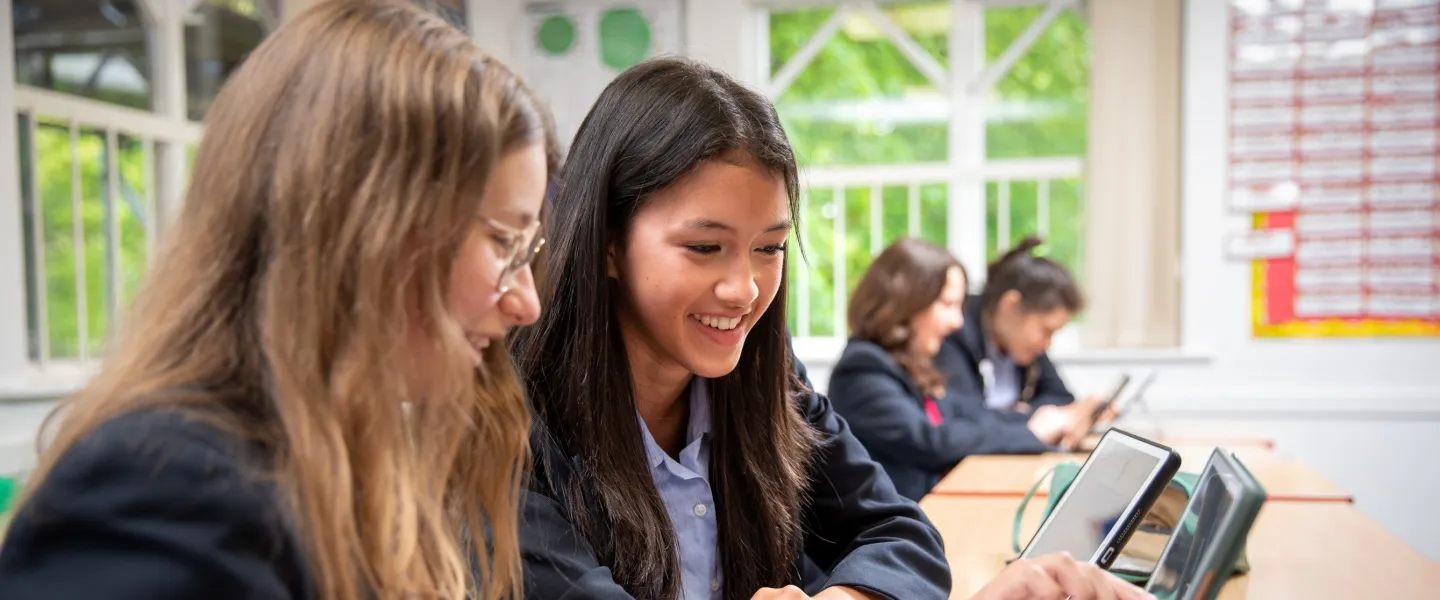Beliefs, ultimate questions and moral issues – these have always been part of human existence. Religious Studies is all about exploring the different ways humans find meaning in what they do.
The department is committed to the values of open-minded enquiry, respectful discussion and debate, and appreciation of diversity. We aim to teach lessons that inspire pupils to engage in exploring ideas, beliefs and values, and the ways these shape people’s outlooks and drive people’s actions.
Wherever appropriate, links between philosophy, religion, ethics and wider culture are highlighted, and students are encouraged and expected to recognise and evaluate the relationship between religion, philosophy, ethics and culture.
At The Queen’s School, all pupils study Religious Studies in Years 7-9. At GCSE and A-level, the subject is offered as an option.
Year 7: Introduction to Religion; The Life of Jesus; Spirited Arts Competition.
Year 8: A Study of Buddhism; A Study of Islam; A Study of Judaism.
Year 9: Prejudice and discrimination; arguments for the existence of God; Spirited Arts Competition.
GCSE
At GCSE level the pupils take examinations in moral issues, philosophy, Christianity and Islam at the end of Year 11.
Advanced Level
At A-level pupils study ethics including Utilitarianism, Situation Ethics, Free Will and Determinism and Virtue Ethics; philosophy of religion including religion and psychology, religious experience, religious language; Christianity including evidence for the virgin birth and resurrection, feminist theology, predestination.
What our pupils say about RS:
RS isn’t like other subjects where you’re expected to know the answer; instead you are expected to ask the question. It makes you think much more about the world.
RS helps us to develop our own faith as well as learn about what others believe. My favourite subject!
RS is unique in that it helps you to formulate your own opinions whilst teaching you to be tolerant of others.
The A-level course is both informative and enjoyable.
RS is really interesting and the teachers are very helpful and inspirational.
